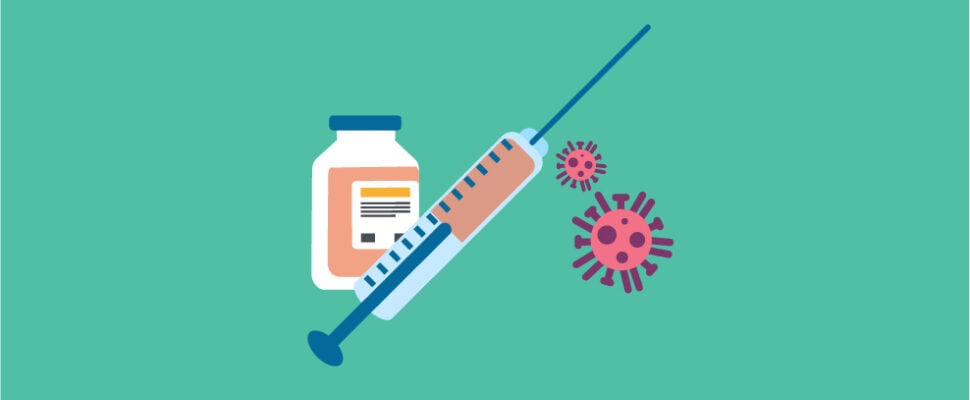As a part of the World Health Organisation’s (WHO) COVID-19 Technology Access Pool (C-TAP), the Medicines Patent Pool has signed a worldwide license with Medigen Vaccine Biologics (MVC) for its COVID-19 vaccine, representing a debut on two fronts. Not only is this the first time a COVID-19 vaccine developed by a private company is included in C-TAP, it is also the only time the global body has authorized a vaccine from non-WHO member state Taiwan.
Taiwan is not part of the WHO, so for us, it is important to establish bilateral, regional and international collaborations
Charles Chen, CEO, MVC
C-TAP: Addressing Disparities
The C-TAP initiative, launched in May 2020 by the WHO and the Government of Costa Rica with the support of 44 Member States, the UN Development Programme, Unitaid, UNAIDS, and the Medicines Patent Pool (MPP), is aimed at promoting voluntary licensing agreements and patent pooling for COVID-19 therapeutics, diagnostics and vaccines. C-TAP provides a single global platform for developers to share intellectual property, knowledge, and data with quality-assured manufacturers, thus establishing a mechanism for facilitating sustainable access to quality-assured, safe, effective and affordable medicines and addressing access disparities.
First Private Manufacturer
This is the first time a private manufacturer comes under the WHO voluntary patent and know-how access model. Through the agreement MVC, a vaccine maker formed from the spinoff of three Taiwanese companies —Medigen Biotechnology Corporation (MBC), Schweitzer Biotech Company (SBC) and CESCO Bioengineering— in 2012, becomes the only private company to out-license a COVID-19 vaccine and share its related technology and know-how, as well as provide training to licensees.
MVC’s vaccine is based on the COVID-19 spike protein sequence it licensed from the US National Institutes of Health (NIH). Outlining the company’s COVID-19 journey in 2020 PharmaBoardroom interview, MVC CEO Charles Chen said: “We contacted the U.S. NIH and learned that they had a vaccine candidate. We obtained a license for the gene sequence and started producing a stabilized COVID-19 spike antigen and began our own preclinical investigations.”
At the time Chen also stressed the need for more global vaccine cooperation, a concern that supports the company’s participation in the C-TAP initiative. “Vaccine companies need to collaborate, not just compete,” he said. “Preventative vaccines are essential to public health and I would like to see more regional, as well as global collaboration.
Today, the CEO affirms that MVC’s progress and the C-TAP agreement transcend beyond COVID-19. “By joining the C-TAP initiative, we are providing equitable access to our vaccine technology. It underscores our commitment to ensuring that vaccines reach all corners of the globe, leaving no one behind. This is not just about COVID-19,” he said at the time of the announcement. “It is about setting a precedent for future global health challenges. By demonstrating our commitment to open science and cooperative strategies, we hope to inspire other organizations to follow suit.”
A First for Taiwan
The out-licensing accord is also significant for Taiwan. Not a WHO member, the territory has routinely been left out of the global organisation due to objections from China. “It is not only unfair and unjust to shut Taiwan out due to Chinese political pressure, but also poses a serious threat to global health,” said Taiwan’s ministry of foreign affairs after the latest vote again excluded it.
Hsueh Jui-yuan, Taiwan’s Minister of Health and Welfare, commented on the WHO addition of MVC’s vaccine to its pool saying that it “marks the first time the world body has authorized a Taiwan-made vaccine and it is an endorsement of the country’s vaccine industry.”
“Taiwan is not part of the WHO, so for us, it is important to establish bilateral, regional and international collaborations with other entities,” said Chen.



